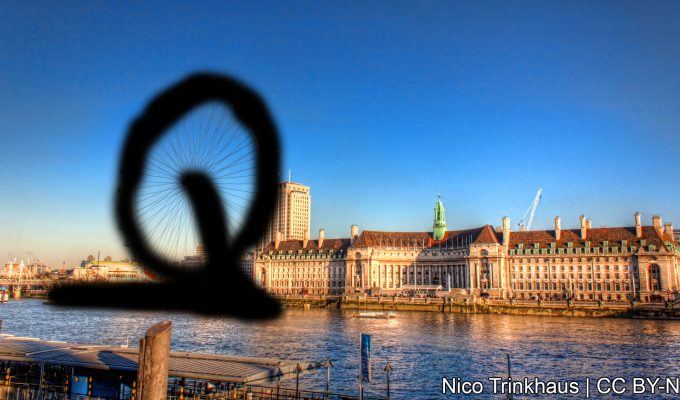Assessing the consequences of TRIPS+ FTAs for India: TPP, TISA and RCEP (Part II)
In the previous post, I’d summarised my findings from a study of the TPP, the TISA and the RCEP and their impact on Indian/TRIPS IP and e-commerce norms. Here, I flag specific issues that merit urgent consideration. E-commerce While an important element of the TPP’s Digital Two Dozen (D2D) core principles is the removal of customs duties on all digital products (Article 14.3), this does not create any new international obligation for India. This is because India is a party […]
Assessing the consequences of TRIPS+ FTAs for India: TPP, TISA and RCEP (Part II) Read More »





